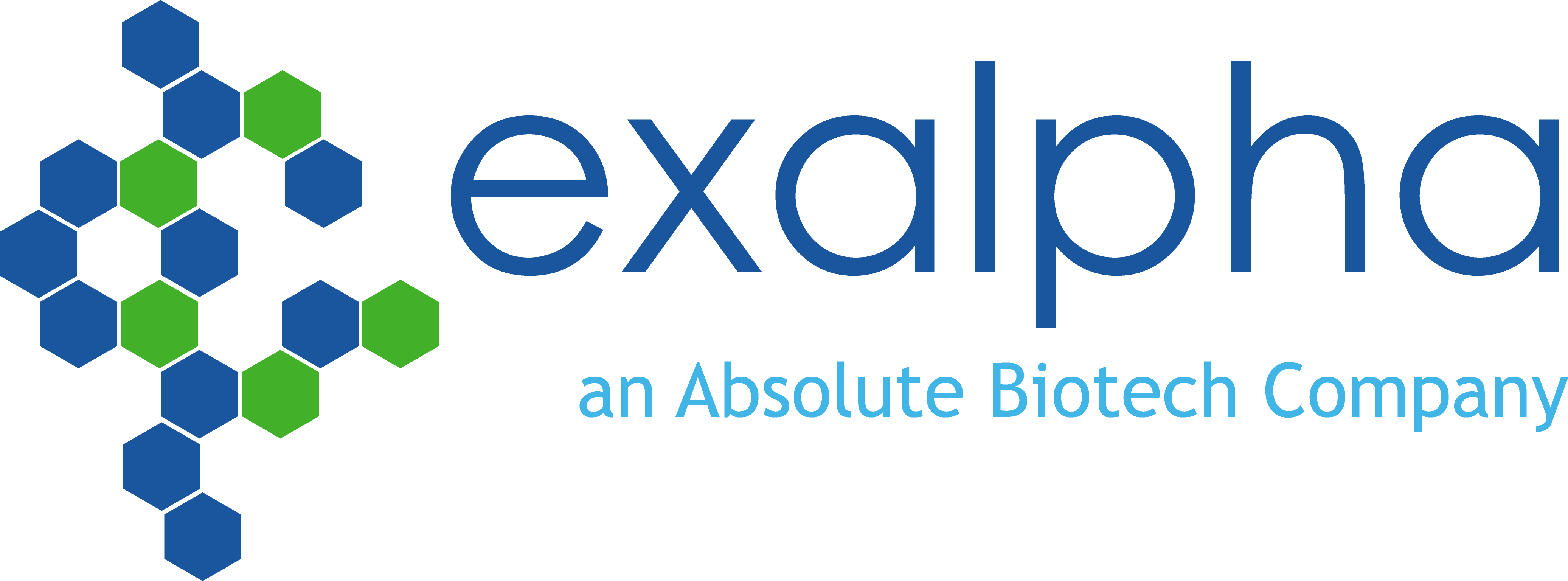News
Eggcellent Antibodies
Utilising Gallus’ eggspertise, Exalpha Biologicals is now able to offer a greatly expanded range of antibodies generated in chicken.
Why use chickens to produce antibodies?
Polyclonal antibodies generated in chickens, offer many advantages over polyclonal antibodies traditionally produced in mammals such as rabbits, goats and sheep. Chickens (Gallus domesticus) produce immunoglobulin not only in their serum, but also in their egg yolk. The concentration of immunoglobulin measured in chicken yolks has been reported to be higher than that found in mammalian and chicken serum (1). Thus allowing antibodies to be harvested from antigen-immunised hens simply by the collection of eggs, rather than the usual animal bleeds. This has the benefit of being one of the most humane ways to produce polyclonal antibodies. One hen will lay multiple eggs from which highly concentrated antibodies are purified; an equivalent amount of antibody to that generated by 10-20 rabbits.
Chickens by virtue of not being mammals, are more likely to generate high-avidity antibodies to mammalian proteins. A number of other advantages are bestowed by the structural properties of IgY. IgY is the major immunoglobulin class in birds and has similarities to both IgG and IgE found in mammals. Structurally, IgY, IgG and IgE all display the characteristic bivalent antibody Y shape, with 2 heavy chains and 2 light chains. Functionally, IgY has the action against infectious agents of IgG, and the anaphylactic properties of IgE. However, the structural differences between IgY and IgG can prove to be useful when using chicken antibodies in mammalian research. The Fc region of IgY does not bind mammalian Fc receptors. Hence a reduction in non-specific background staining in techniques such as flow cytometry, compared to the use of IgG antibodies. Chicken antibodies are also sufficiently different to mammalian ones that they do not activate the mammalian complement cascade or react with rheumatoid factor (2, 3).
Exalpha Biologicals can now offer a range of primary antibodies generated in chickens to epitope tags, food proteins, fusion proteins, human immunoglobulins and proteins, mammalian immunoglobulins and proteins, microbial antigens, Protein A, Protein G and Protein L. Secondary antibodies within the Gallus range include anti chicken IgY secondary antibodies produced in donkey and goat, and also secondary antibodies to other species produced in chicken. Antibodies are available unconjugated, or conjugated to FITC, Biotin, HRP or alternatively agarose for immunoprecipitation.
A selection of Gallus secondary antibodies generated in donkey for use with chicken primary antibodies:
Donkey anti Chicken IgY (H+L), conjugated with Biotin
Donkey anti Chicken IgY Fab, conjugated with FITC
Donkey anti Chicken IgY (H+L), conjugated with HRP
Donkey Chicken IgY, conjugated with Agarose
- Carlander, D. 2002. Avian IgY Antibody. In vitro and in vivo. Acta Universitatis Upsaliensis. Comprehensive Summaries of Uppsala Dissertations from the Faculty of Medicine 1119. 53 pp. Uppsala. ISBN 91-554-5227-2.
- Larsson, A., et al (1993). Chicken antibodies: taking advantage of evolution. A review. Poultry Science 72: 1807-1812.
- Leslie, G.A. and L.W. Clem., 1969, J. Exp. Med. 130: 1337-1352.
